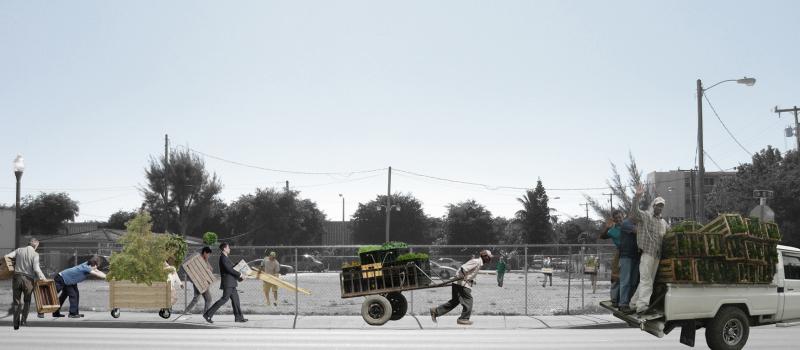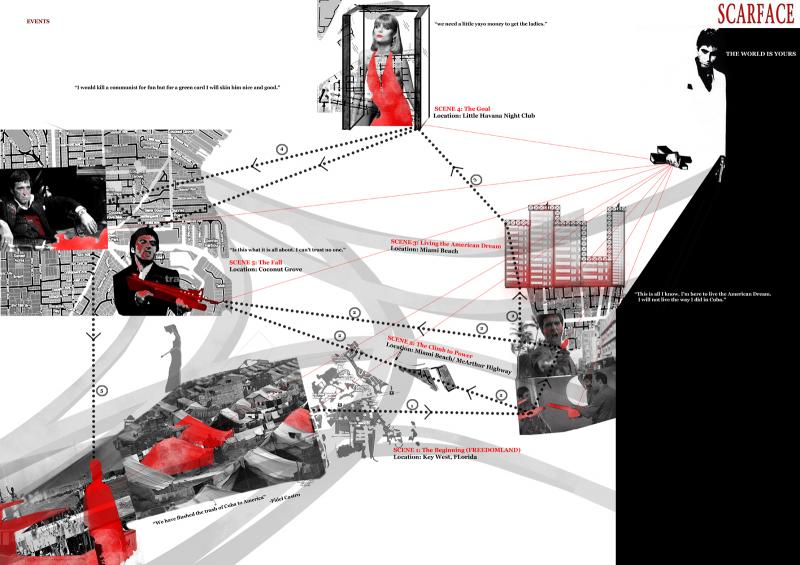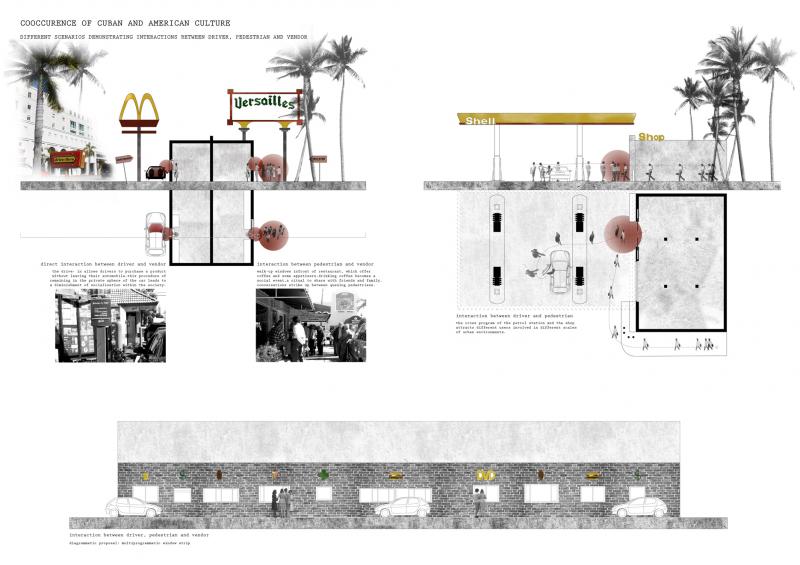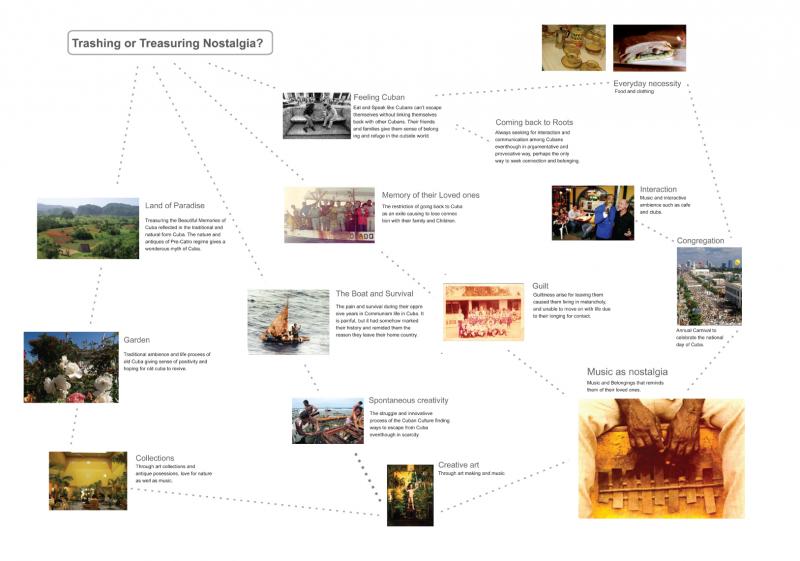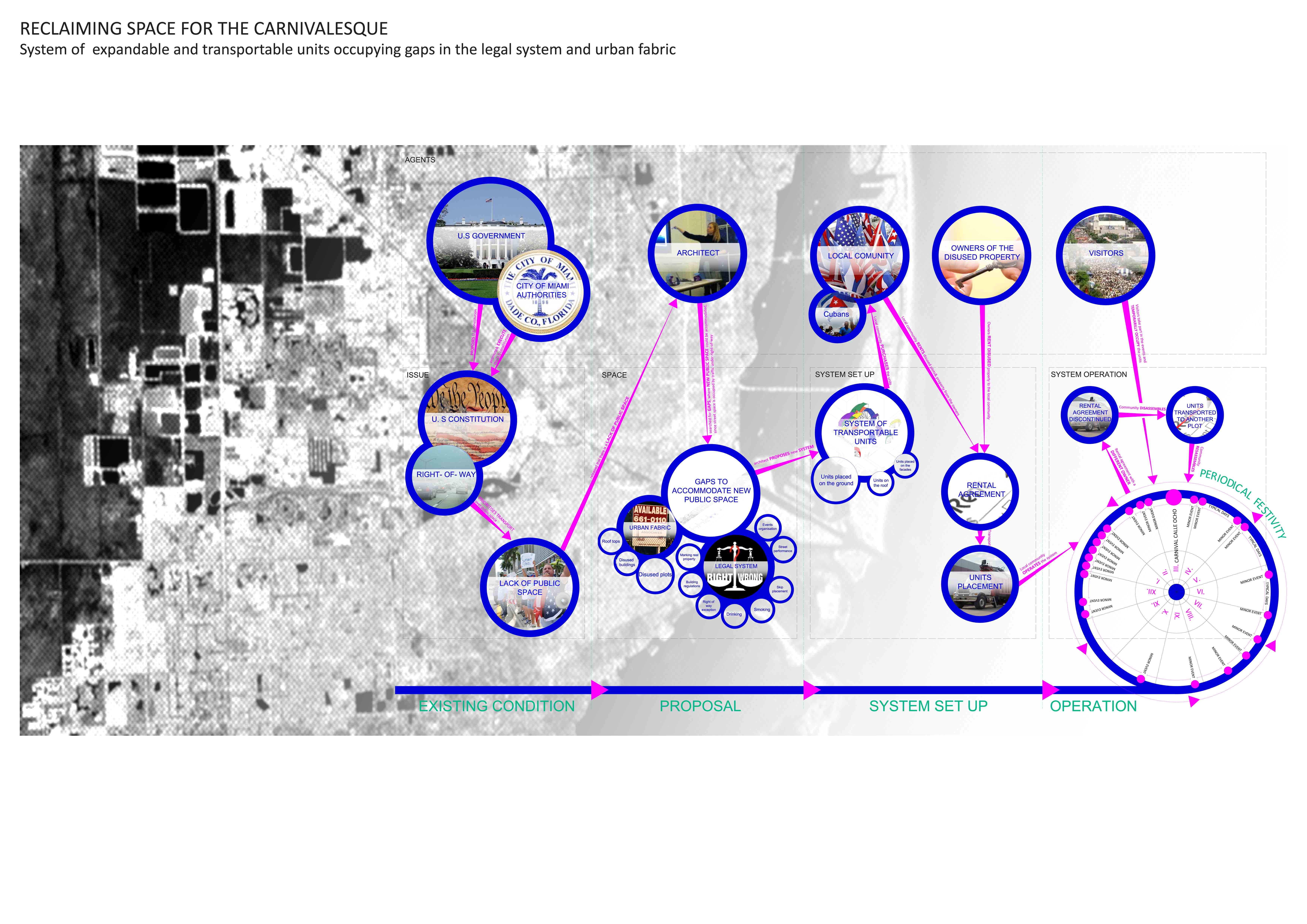‘Civil world is the free play of forms-of-life; it is the principle of their coexistence.’
– Tiqqun, Introduction to Civil World
The brief for Inter 8 this year – Politics of Fabrication II – understands that the coexistence of diverse and conflicting forms of life in the contemporary city needs to be readdressed and reframed within the urban ground itself. This implies a new spatial and physical layout to enable the presence and negotiation of the different ways people use and share the city.
The site this year is the city of Miami, the major entry point for Latin American immigrants into the United States. In particular, students’ work has focused on the neighbourhood of Little Havana, for years the epicentre of the Cuban community in the city and one of Miami’s most multicultural areas. Here in Little Havana, the pervasiveness of Miami’s faith in privatisation has led to an increasing tension between individuals and groups with different cultural, social, ethnic or economic backgrounds. Exploring this particular dynamic, students have reflected on the importance of public areas within the city as necessary spaces of encounter, interaction and negotiation.
Student work has been divided into three phases. The first was to define a pertinent issue relevant to the inhabitants of Miami – these have included the dominance of car culture, illegal activities, urban agriculture and transgenerational and transcultural relations. The second was to propose a spatial configuration in which the specific issue can be framed. The third was how this issue can be physically expressed by people living in Little Havana and their relation to different fabrication processes. Manifested in public and constructed
as very physical, material registers, these fabrication processes acquire a political value, if we understand politics as Hannah Arendt did, as both a public act and the preservation of multiple forms of life through confrontation and agonism.
